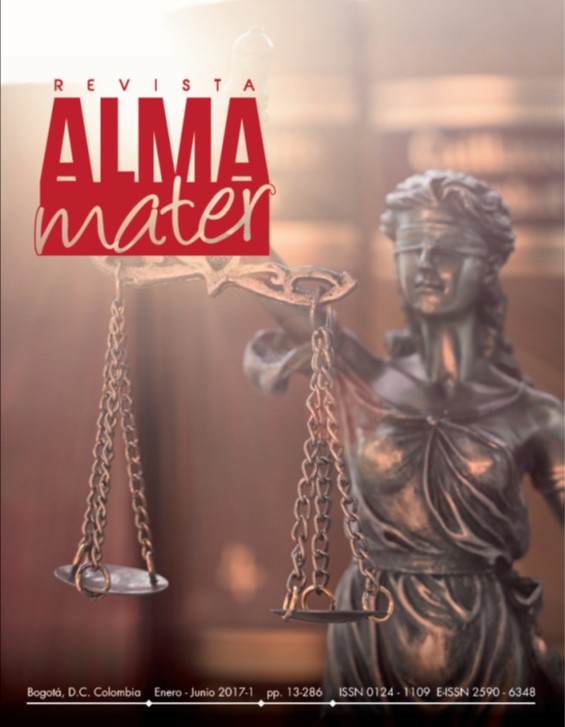Abstract
Decent work will remain an “Utopía” because if it take part of the human being, he cannot live without goals that allow to achieve his social and personal improvement. For this natural reason he cannot be a conformist with the Political Economic System that annuls him, commits an outrage against his existence and imposes, indecent conditions to work and sanctions for his mistakes doesn’t respect his freedom of association, doesn’t fair pay and allow him to use the social security if it is that perhaps it has it when he needs it. For all is required an effective labor legislation adjusted to the economic and technological changes of modern work. It also, in an urgent way, a democratically structured state that assumes the function of general welfare and public assistance and provides attention to the most unprotected sectors of society with the essential purpose of allowing work to be an activity by which man develops as a person, owner on his own reason and destiny and feel pleased to work decently.
References
Alonso, Luis Enrique. La crisis de la ciudadanía laboral. Barcelona: Anthropos, 2007.
Arango, Rodolfo. El concepto de derechos sociales fundamentales. Bogotá: Legis, 2005.
Bauman, Zigmunt. Trabajo, consumismo y nuevos pobres. Barcelona: Gedisa, 2011.
Casado, Iván Vila. Fundementos del derecho constitucional contemporáneo. Bogotá: LEGIS, 2007.
Farné, Stefano. La calidad del empleo en América Latina a principios del siglo XXI. Bogotá: Externado de Colombia, 2012.
Francisco Trillo Párraga. Derecho a un Trabajo Decente y la dignidad de los nadie. Buenos Aires: B de F, 2011.
Luis Enrrique Ramirez. Hacia un nuevo paradigma en las relaciones laborales del siglo XXI. Buenos Aires: B de F., 2011.
Mariano Moreno Villa. Diccionario de Pensamiento Contemporáneo. Madrid: San Pablo, 1997.
Méda, Dominique. El trabajo. Barcelona: Gedisa, 1998.
Munck, Rinaldo. Globalización y Trabajo. Delhi: El Viejo Topo, 2008.

This work is licensed under a Creative Commons Attribution-NonCommercial-ShareAlike 4.0 International License.
Copyright (c) 2017 Jesús Gilberto Arias (Autor/a)

